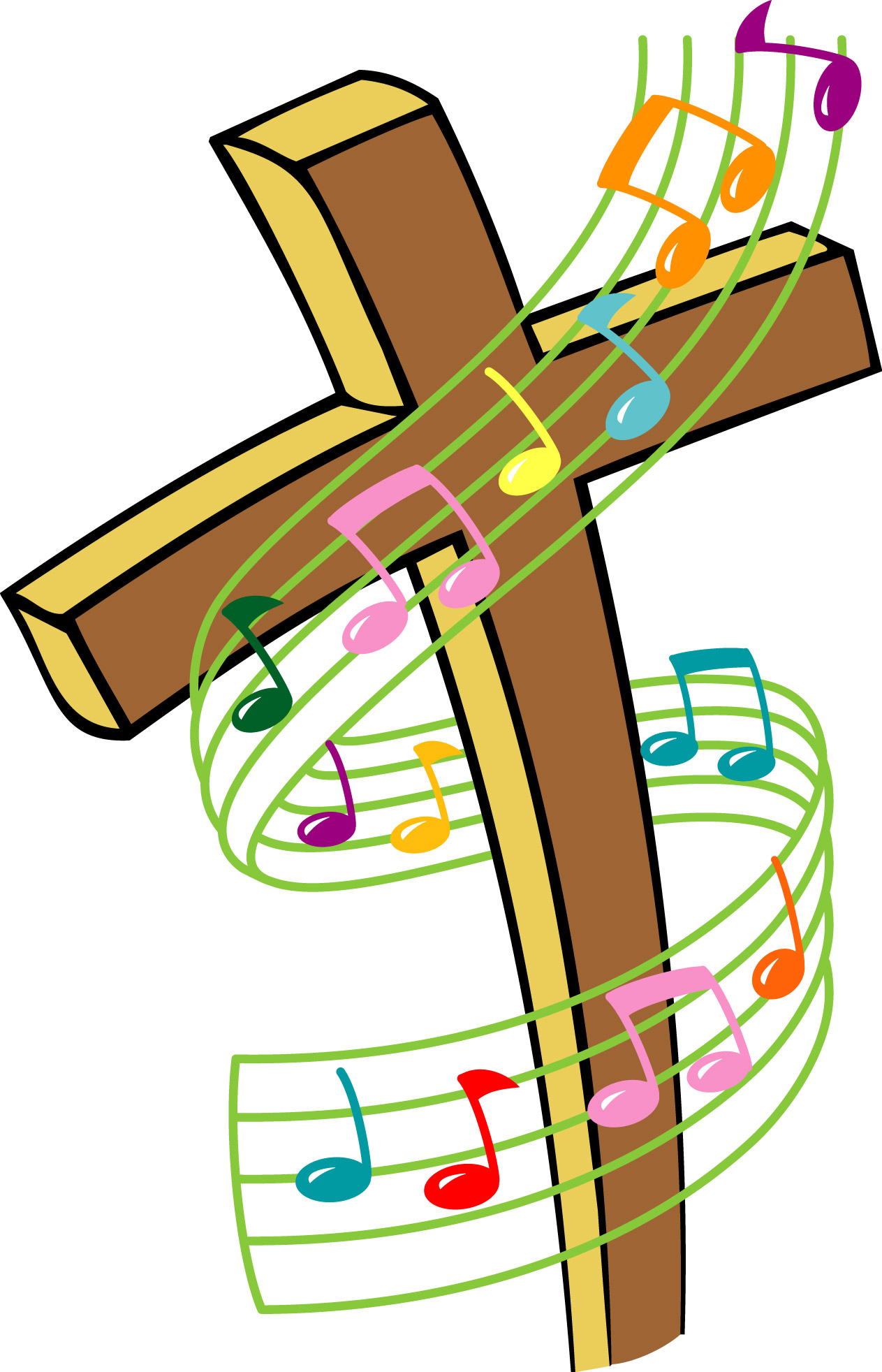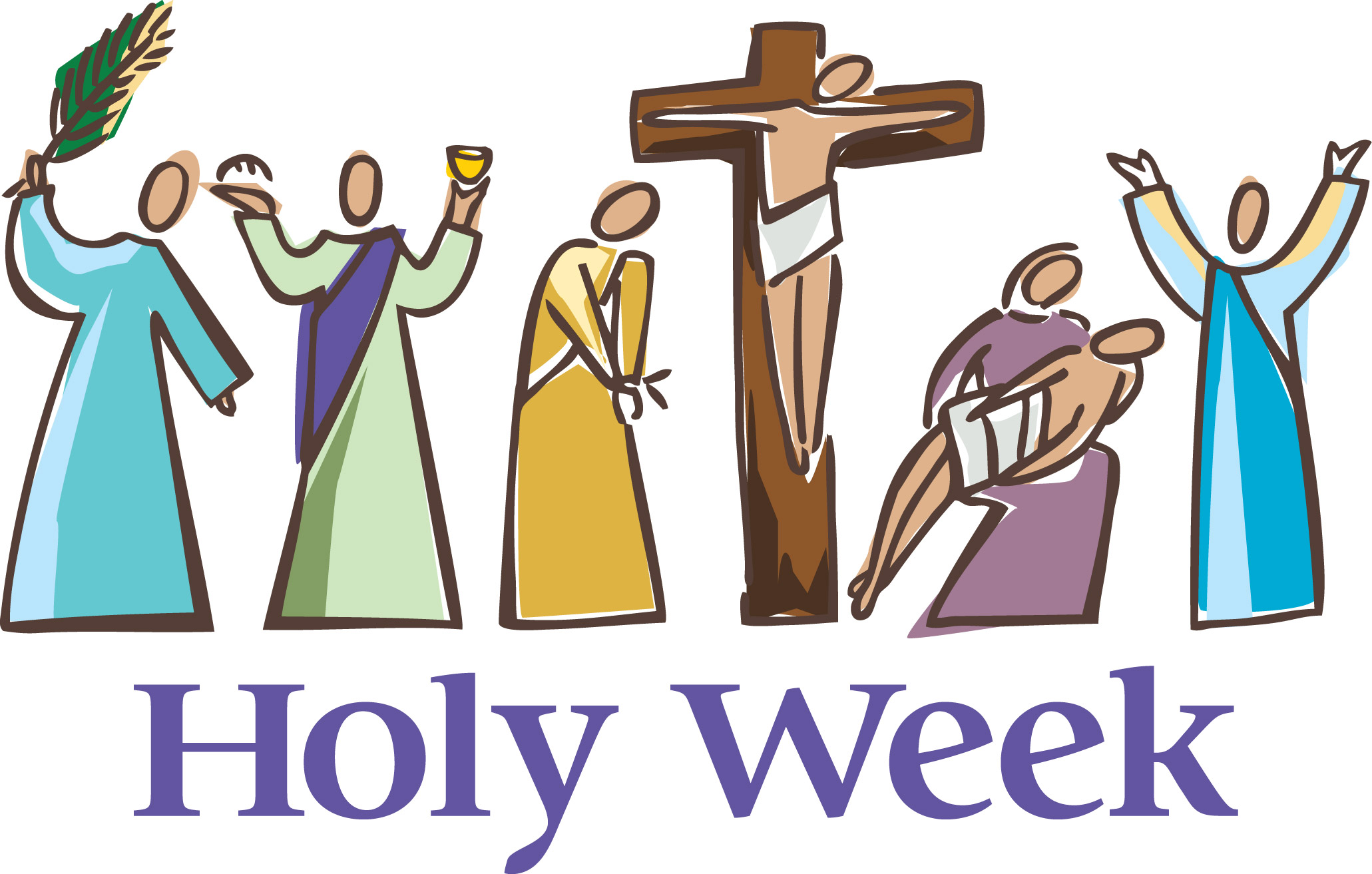
Some of the world’s greatest music and most significant writings are born out of great personal crisis. Such was the case with Dr. Harry Emerson Fosdick, recognized as one of the greatest preachers of the 20th Century. His hymn, “God of Grace and God of Glory” is included in hymnals of many different denominations and languages. His most influential book, “The Meaning of Prayer” an immediate best seller, came into being because of a terrifying nervous breakdown that occurred in the second year of his graduate theological study.
Later in his ministry, in response to a plea for help from a woman in Normandy, Missouri who had suffered a mental breakdown, Dr. Fosdick closed his letter with these encouraging words:
“There are two techniques for living – will power and drive; the other – inward receptivity and spiritual hospitality. I judge that you have excellent willpower and that you have relied on it, but now you face the baffling fact that in a nervous breakdown your willpower is sick. What you try hard with has gone to pieces and the harder you try the worse off you are. Let go and let God in.
You may try hard to get to Carnegie Hall on time – that is one technique – but when you are there and a Beethoven Symphony is being played you need another technique all together: spiritual hospitality. I wrote…’The Meaning of Prayer’ because I had a nervous breakdown. I had to learn that second technique.”
Being receptive to God is our greatest need. Dr. Fosdick did not learn the technique of “spiritual hospitality” in Seminary. He learned it as a patient in a mental hospital after attempting suicide. He found power for living not through his own strength but by his receptivity to God’s strength. When he surrendered his own will to God and immersed himself in God, then and only then did healing come.
In His Love,
Charles

